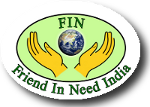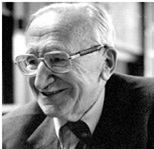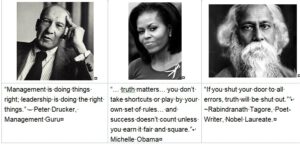“When he took time to help the man up the mountain, lo, he scaled it himself.”
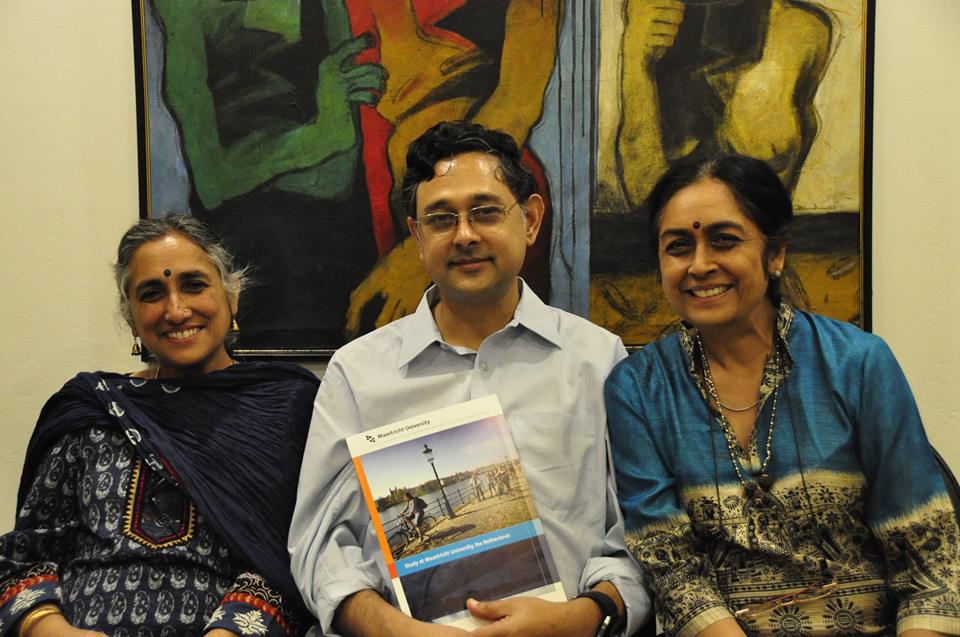
Our five core beliefs
Belief 1: “You must be the change you want to see in the world” – Mahatma Gandhi
Some of the changes that we want to see are:
- Less extreme weather, mitigation of climate change.
- More greenery in cities, preservation of forests. Cleaner oceans, rivers and lakes. End the extinction of animal and plant species.
- Less garbage production; no garbage on city streets and countryside, less hazardous waste production.
- No open defecation in cities (especially in developing countries) and access to safe sanitation for all. No open sewers or gutters spilling out wastewater.
- No rape under any circumstances, including in the name of ethnic or military conflict.
- End of marginalization of women, LGBT groups and the disabled notably by extremist and fundamentalist groups. Safe access to education and work opportunities for all.
- No child under 16 in the workplace, including in brothels. Access to education and safe care for all children.
- End of corruption in organizations and governing bodies.
- End of waste in philanthropy and aid programs.
- All human beings having enough to eat, clean water to drink, a safe place to sleep with access to a safe toilet, healthcare, learning and employment opportunities.
Belief 2: To ensure that an action is effective, background research is often necessary, and the social sciences, the liberal arts and the humanities are also useful.
Uncertainty is a part of complex economic systems such as ours and the reason for most failed programs is a lack of adequate understanding of the context. The use of the expertise of social scientists and those with a liberal arts or humanities background are totally underutilized (especially in developing countries), because of a separated in silos, ivory tower – perspective to work. We are breaking those silos by working in inter-professional, inter-disciplinary, inter-generational, international teams to understand contexts, evaluate the potential impact of actions, and provide indicators for the identification of viable and winning strategies. This is our unique selling point.
The curious task of economics is to demonstrate to men how little they really know about what they imagine they can design.” — Friedrich von Hayek, Economist
Belief 3: Creativity and passion are best nurtured in small motivated teams without a hierarchy and where people are genuinely considerate to one another.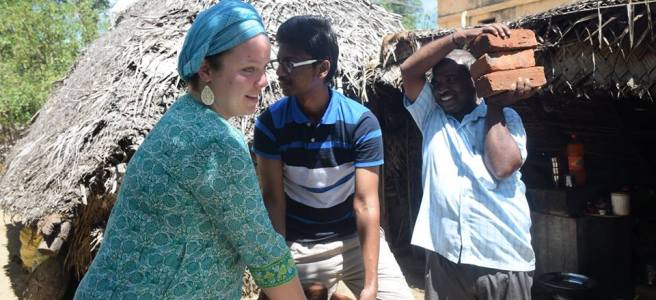
Our creativity and pleasure from creation has been at its highest when working with like minded people motivated by a common passion and zeal. It’s not only the final product that counts but also the process. Elegant, creative, refined work can issue best when real synergy and camaraderie are present. It can yield pleasure only when supported by a just and caring mode of governance. This happens more often in small teams rather than in large ones. And that is our comparative advantage – the capacity to create synergy with like minded people in small joyful teams.
Belief 4: In order to effectively promote social welfare, actions/solutions must be simple while taking into account complexity. They must be environmentally friendly and socially just.
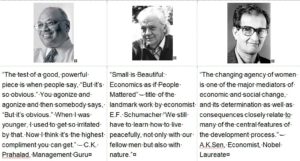
|
|

